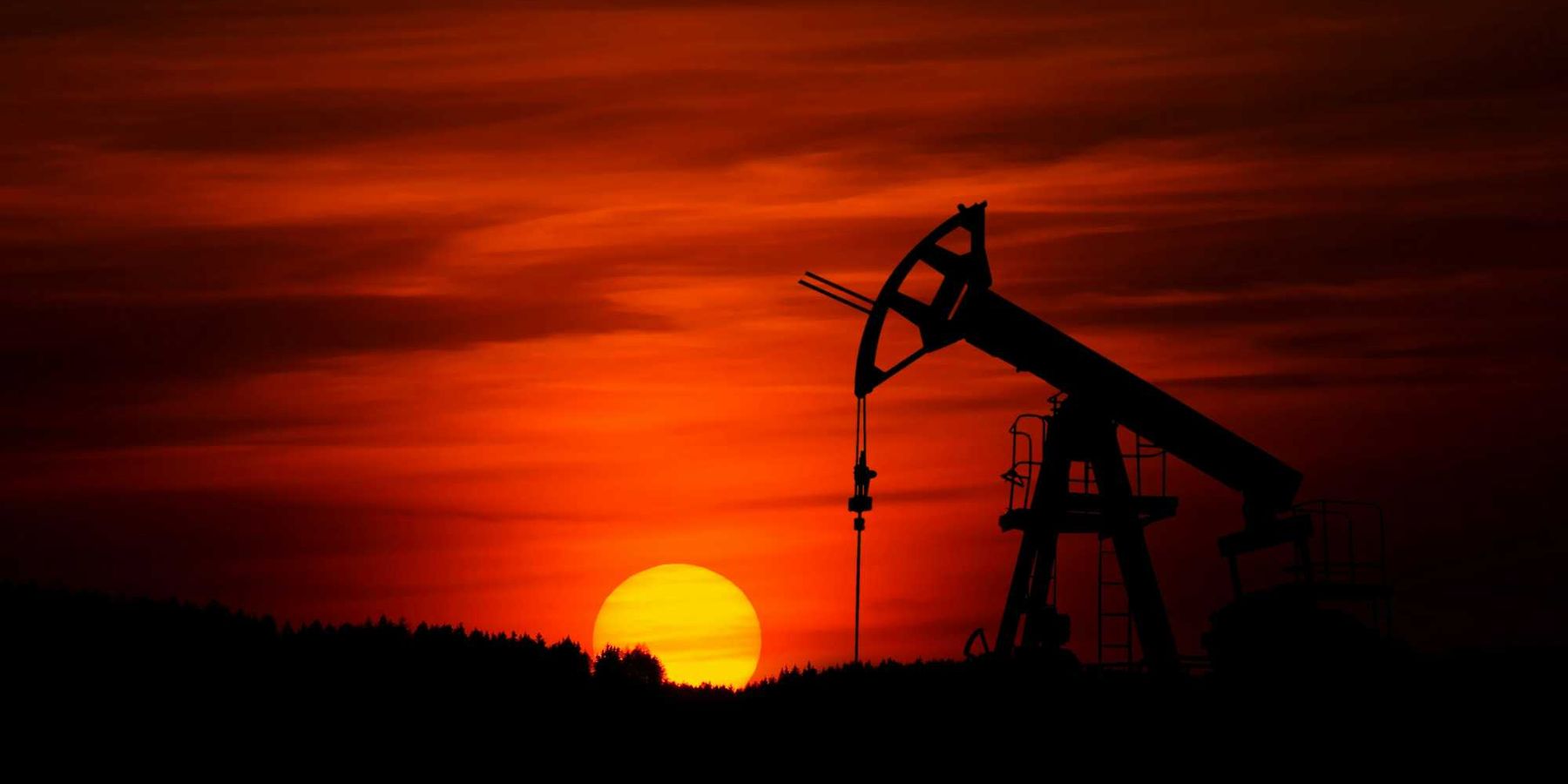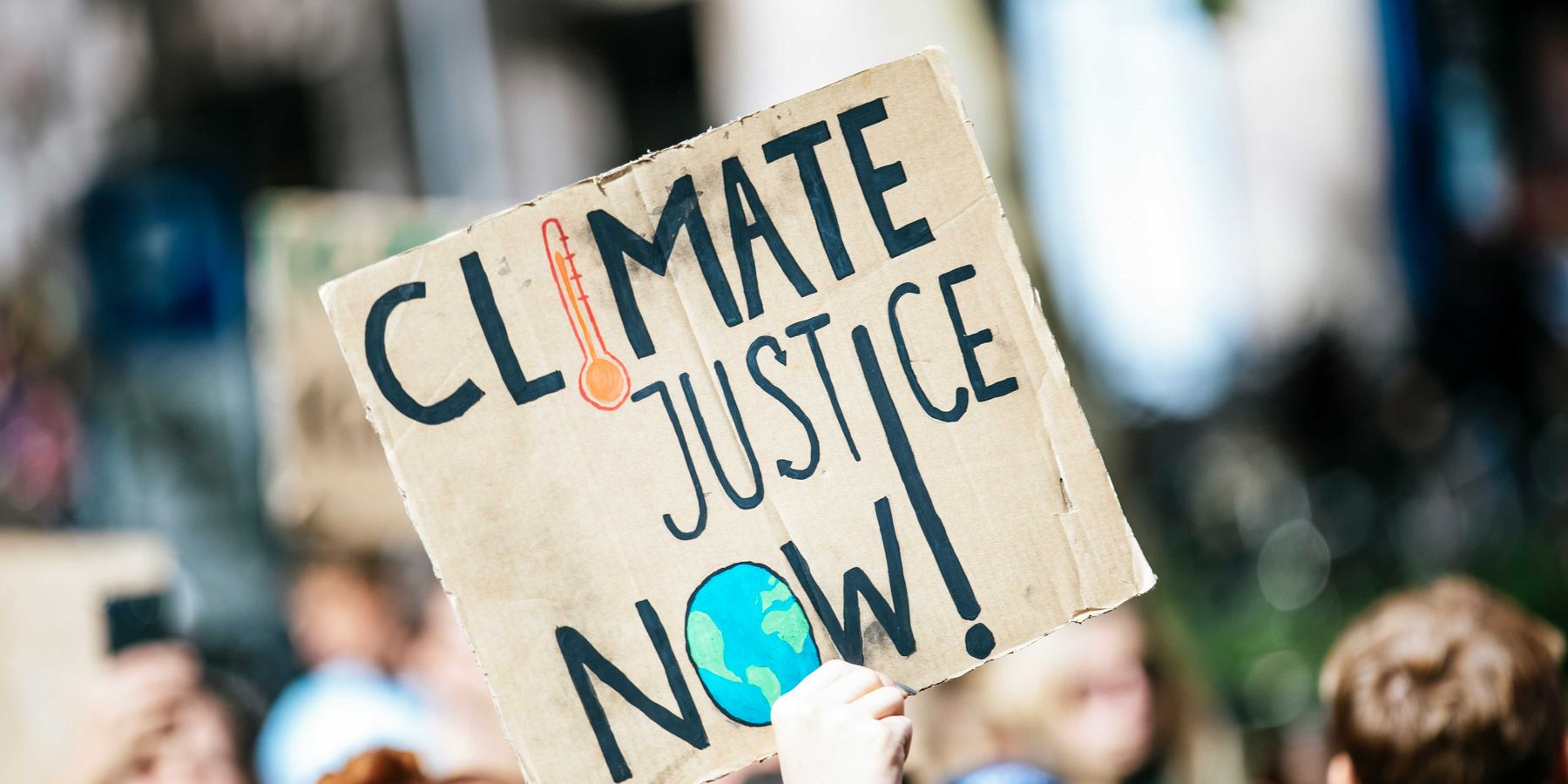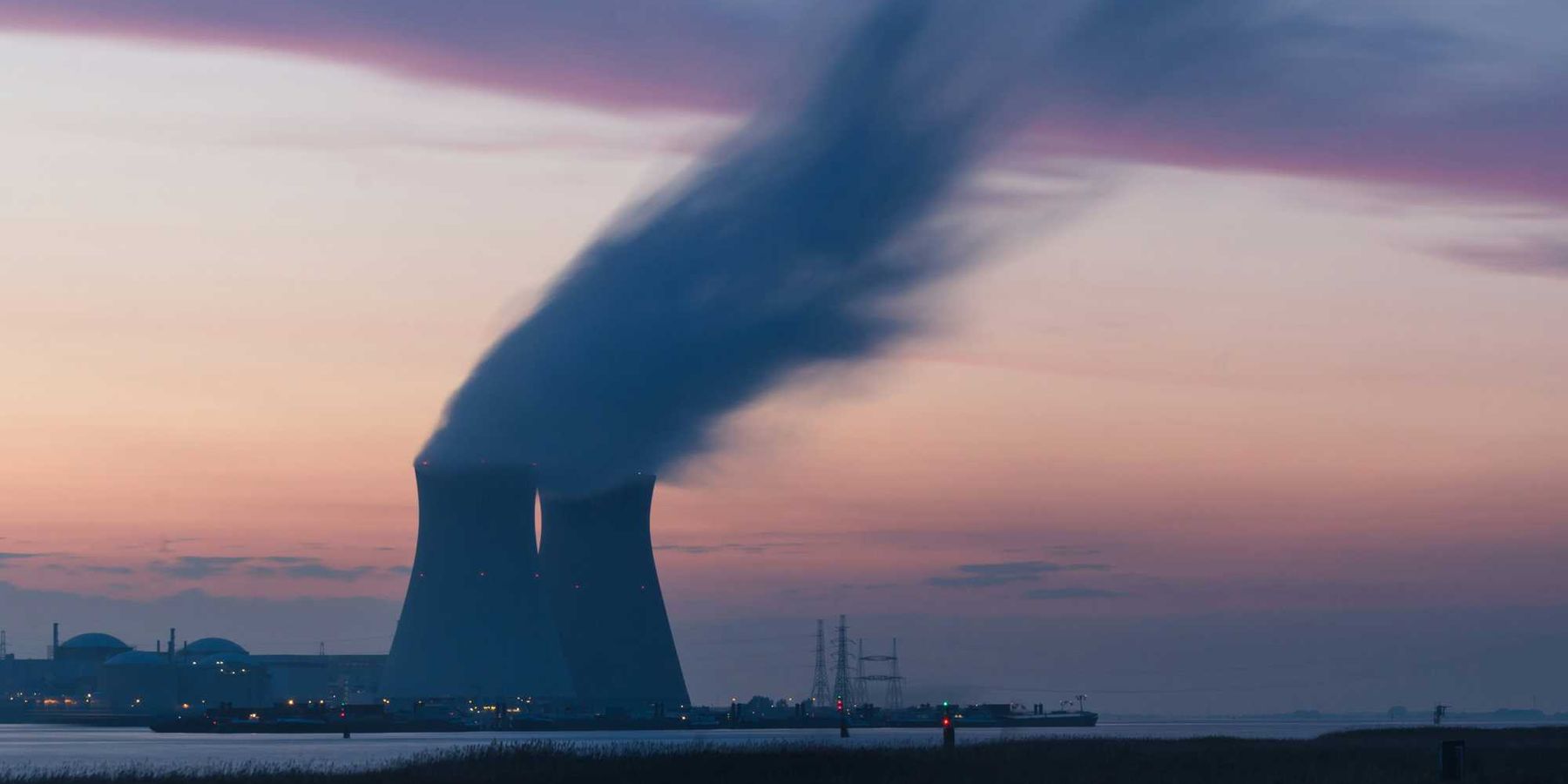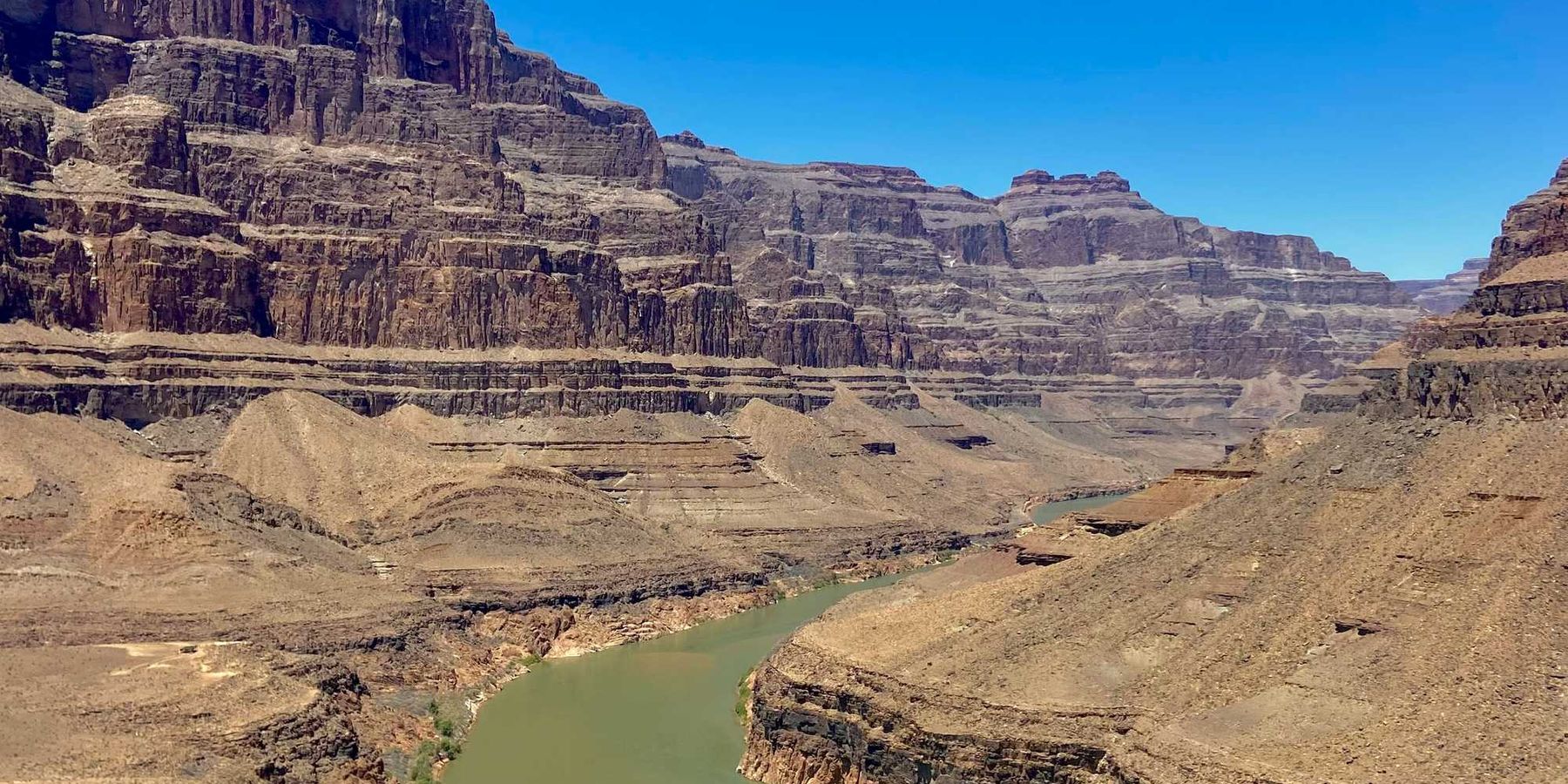Michigan, a climate laggard, plans to catch up, fast
New York Times reporter Coral Davenport writes that lawmakers in Michigan have long fought tough pollution controls; but the toll of flooding, lost crops and damage to the Great Lakes appears to be changing minds.
In a nutshell:
Michigan, a state known for its struggles with climate change impacts such as toxic algal blooms and wildfires, is now making a bold move towards climate action. Democrats in Michigan, who control the governor's office and both legislative chambers, are proposing some of the most ambitious climate laws in the world. Governor Gretchen Whitmer's "MI Healthy Climate" plan aims to generate all of Michigan's electricity from renewable sources by 2035 and eliminate greenhouse pollution from coal- and gas-fired power plants. While Republican lawmakers and industry groups oppose the legislation, Democrats argue that climate action is necessary to address the economic toll of climate change and position Michigan as a leader in emerging clean-energy jobs.
Key quote:
“For Michigan to do this would put it at the vanguard not just of state clean-energy policy but of global clean-energy policy,” said Dallas Burtraw, an analyst at Resources for the Future, a nonpartisan research organization. “Michigan is globally recognized as the industrial heart of America, and one doesn’t think of it as being a clean-energy leader. A lot of people will see this as a surprise.”
The big picture:
The adoption of renewable energy has the potential to promote cleaner air, reduce health burdens, and contribute to a healthier and more sustainable future. Transitioning to renewable energy generation and eliminating greenhouse gas pollution holds the potential to yield significant improvements in human health by significantly reducing air pollution and greenhouse gas emissions. This shift can help lower the incidence of respiratory diseases such as asthma and lung cancer, benefiting vulnerable populations.
Read more about the Michigan Health Climate plan at the New York Times.













